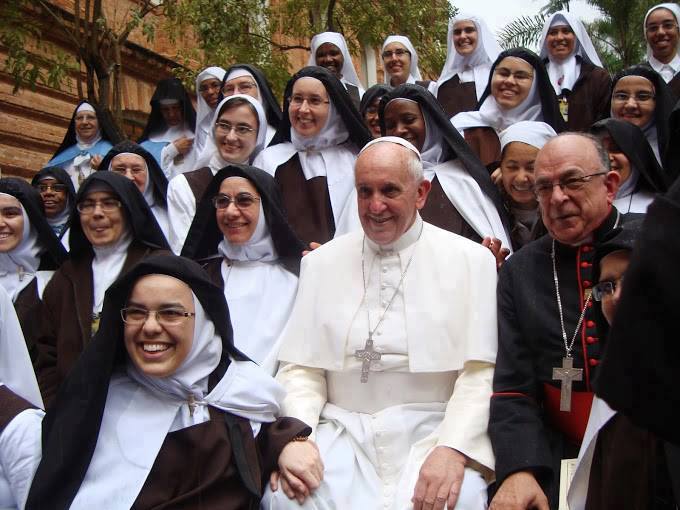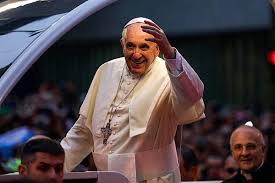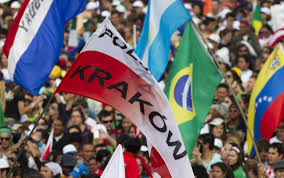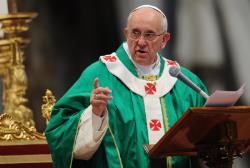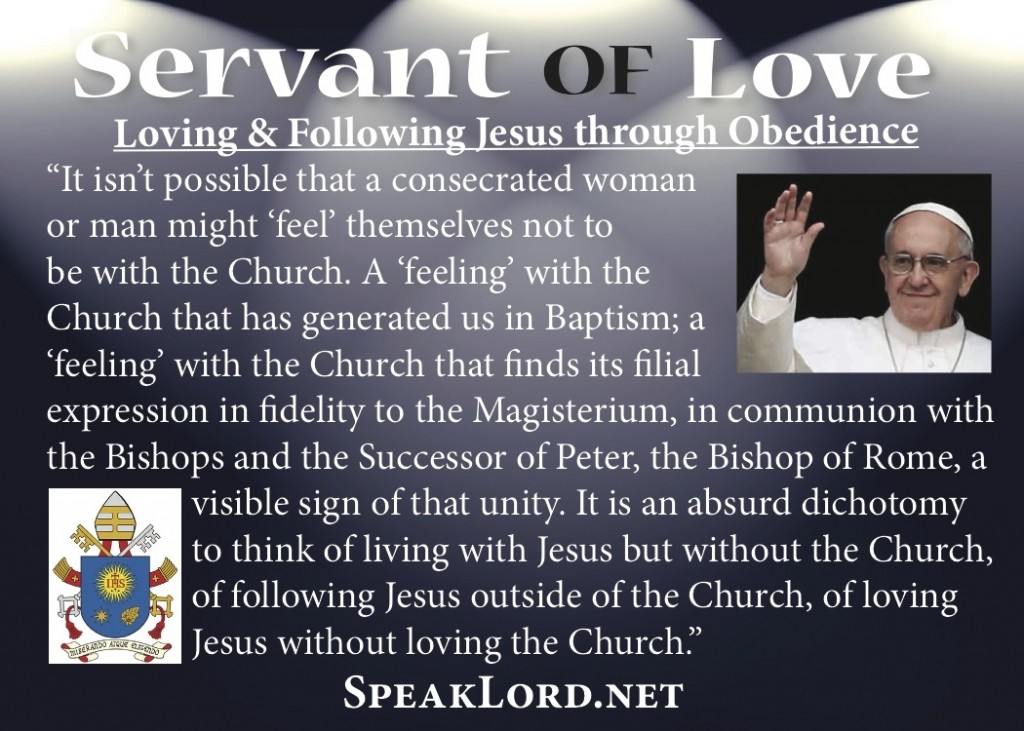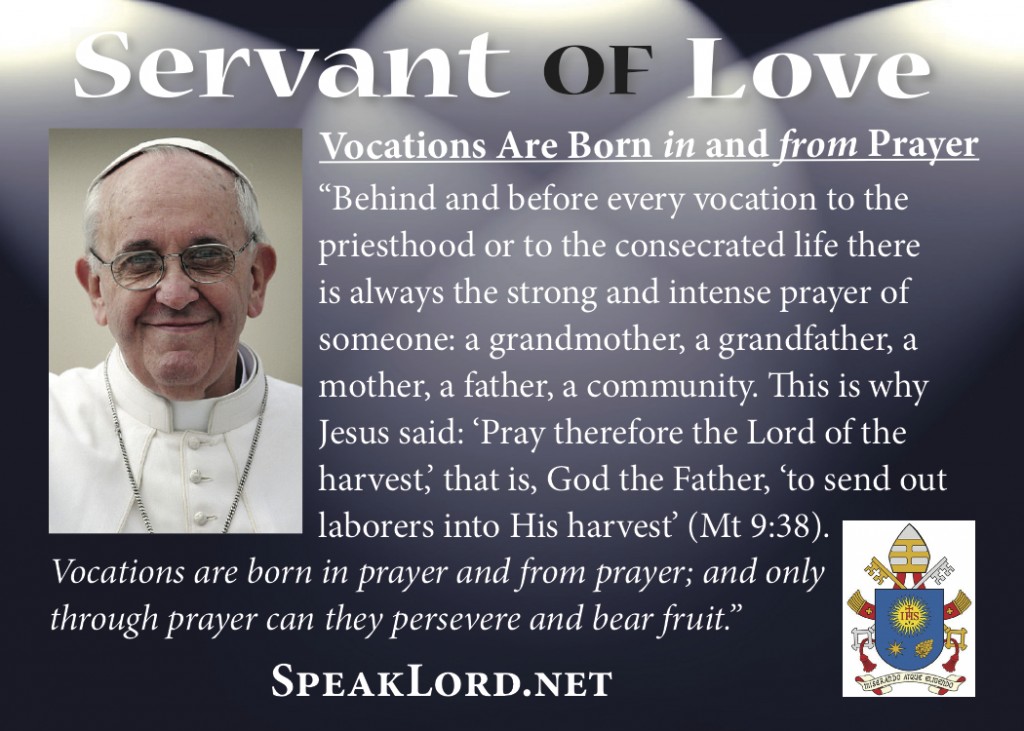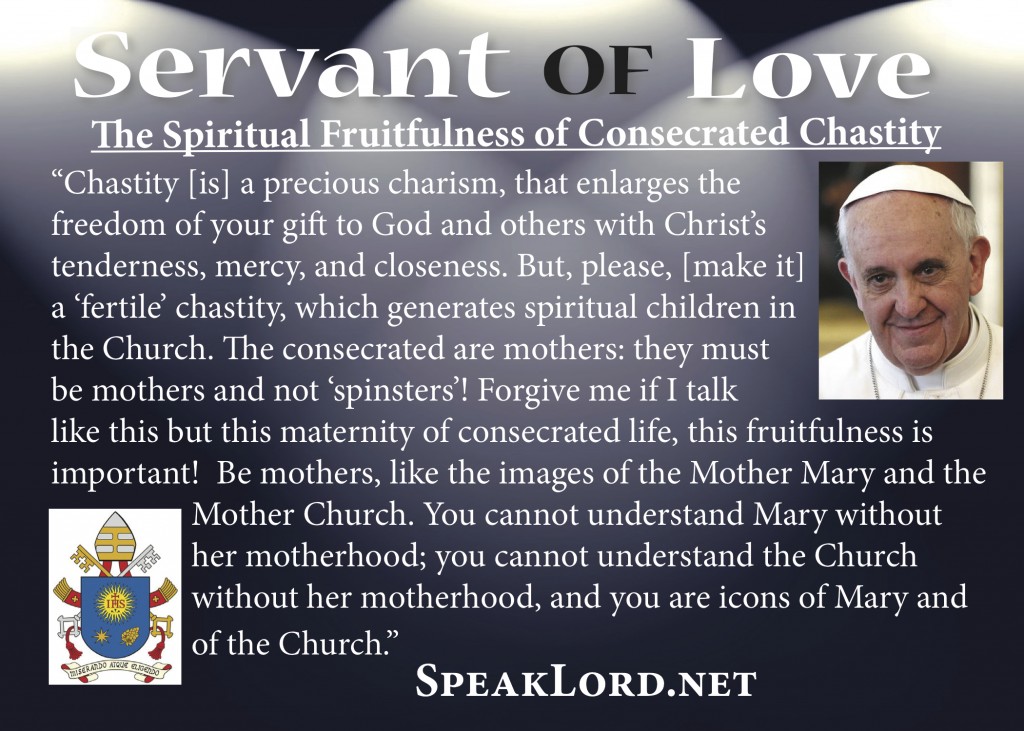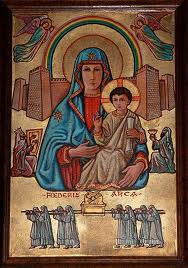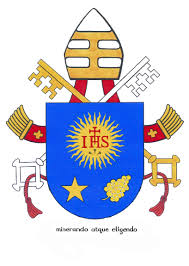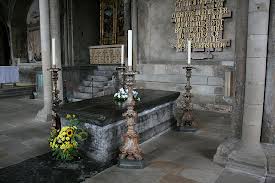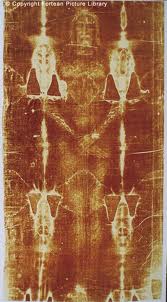 Before Pope Benedict XVI’s resignation, he agreed to allow a viewing of the Shroud of Turin to be broadcast live across the world on RAI, the state television channel, on March 30 in commemoration of Holy Saturday for the Year of Faith.
Before Pope Benedict XVI’s resignation, he agreed to allow a viewing of the Shroud of Turin to be broadcast live across the world on RAI, the state television channel, on March 30 in commemoration of Holy Saturday for the Year of Faith.
Now, I read today, Pope Francis has recorded a voice-over introduction for the broadcast. There is also an app called “Shroud 2.0” which enables people to explore the holy relic in detail on their smart phones and tablets.
Even more interesting is the release of a new book called The Mystery of the Shroud by Giulio Fanti, a professor of mechanical and thermal measurement at Padua University, and Saverio Gaeta, a journalist. According to their tests, the shroud dates from between the years 300 BC and 400 AD.
Holy Saturday is a day of anticipation. We ponder with gratitude the sacrifice of Our Lord who bore our sins on the Cross to redeem us from sin and death. And we await with joy and hope the Resurrection of our Lord on Easter Sunday. Forever will this day be linked in my mind to the image of the Shroud of Turin.
“The shroud, of course, reminds us of the passion, death and burial of the Lord, and then to Holy Friday, the day in which the Church remembers and celebrates the passion of Christ,” reflected Archbishop Cesare Nosiglia of Turin. “Holy Saturday is a day of silent prayer and meditation on the Lord’s death, but it is also a day of joyful waiting of the light of the Resurrection that will explode in the great celebration of the Easter vigil.” The shroud, he noted, “is a witness of this double mystery: It brings us back to the darkness of the tomb, but it also opens the way to receive the light that from it will emerge, in the event of the Resurrection.”
Pope Benedict gave a beautiful homily about Holy Saturday while on a visit to the Shroud in 2010. Here is an excerpt: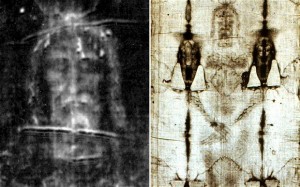
Holy Saturday is a “no man’s land” between the death and the Resurrection, but this “no man’s land” was entered by One, the Only One, who passed through it with the signs of His Passion for man’s sake: Passio Christi. Passio hominis (the Passion of Christ, the suffering of man).
….In this “time-beyond-time,” Jesus Christ “descended to the dead”. What do these words mean? They mean that God, having made Himself man, reached the point of entering man’s most extreme and absolute solitude, where not a ray of love enters, where total abandonment reigns without any word of comfort: “hell.”
Jesus Christ, by remaining in death, passed beyond the door of this ultimate solitude to lead us too to cross it with Him. We have all, at some point, felt the frightening sensation of abandonment, and that is what we fear most about death, just as when we were children we were afraid to be alone in the dark and could only be reassured by the presence of a person who loved us. Well, this is exactly what happened on Holy Saturday: the voice of God resounded in the realm of death. The unimaginable occurred: namely, Love penetrated “hell.” Even in the extreme darkness of the most absolute human loneliness we may hear a voice that calls us and find a hand that takes ours and leads us out.
Human beings live because they are loved and can love; and if love even penetrated the realm of death, then life also even reached there. In the hour of supreme solitude we shall never be alone: Passio Christi. Passio hominis.
Like this:
Like Loading...
